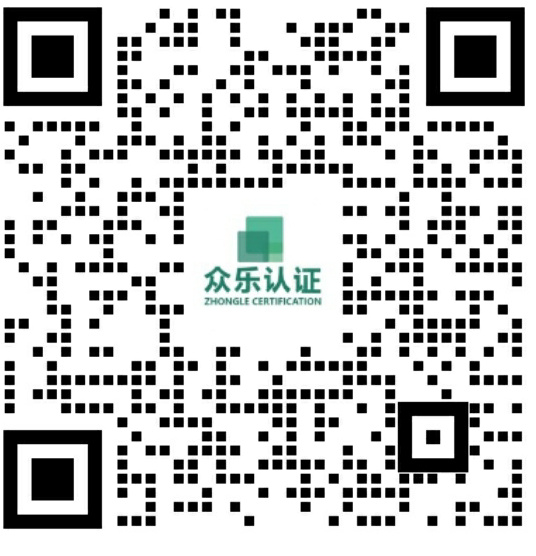In the era of intelligent vehicles, Bluetooth technology has become the core connectivity for in-vehicle infotainment systems and smart driving assistance features. To legally use Bluetooth signals and enter international markets, automotive Bluetooth devices must obtain BQB certification (Bluetooth Qualification Body) mandated by the Bluetooth Special Interest Group (SIG). This certification system ensures compliance through rigorous technical testing, guaranteeing stability, protocol compatibility, and data transmission security in complex electromagnetic environments. It serves as the essential "passport" for automotive Bluetooth technology to meet regulatory standards.
1、Why do BQB certification?
The Bluetooth Special Interest Group (SIG), dedicated to developing Bluetooth specifications, promoting technology, and conducting certification, holds the Bluetooth trademarks. The SIG freely licenses its members to use Bluetooth wireless technology and registered trademarks, but products must pass Bluetooth certification. Only devices that have been tested and certified by SIG to meet Bluetooth standards are permitted to be marketed under the Bluetooth product name. Any unauthorized use constitutes a violation of regulations.

2. Core challenges and key points of vehicle BQB certification
Compared with consumer electronics, vehicle Bluetooth certification faces unique challenges:
• Harsh environmental adaptability: The test should cover the performance of the vehicle in extreme temperature range (-40°C to +85°C or higher) and complex electromagnetic interference (EMC) environment.
• High reliability requirements: The life cycle of automotive products is long, and the long-term stability and durability of Bluetooth modules are extremely high.
• Complex system integration: The Bluetooth module needs to work with the vehicle system, dashboard, microphone array, power amplifier, other wireless modules (WiFi, Cellular), etc., and its compatibility and coexistence in the vehicle system need to be verified.
• Safety and regulations: It is required to meet automotive-grade safety standards (e.g., ISO 26262 functional safety) and radio regulations in various countries.
• Latest technical support: The in-car infotainment system usually needs to support advanced Bluetooth features, such as LE Audio (low-power audio), broadcast audio, high-precision location services, etc. The certification needs to cover these latest protocol stacks.

3. The BQB certification test items are as follows:
1. Radio frequency (RF) consistency test;
2. Protocol-Consistency test;
3. Configuration file (Profle) compatibility test;
4. Declaration of compliance;
5. Review of relevant technical documents.
4. BQB Certification Application Process:
1. Apply for a SIG membership and purchase DID;
2. Prepare application forms, test samples and product data;
3. Test and output test report;
4. Audit report;
5. Add it to the SIG site.
If you want to know more about BQB certification, please feel free to contact Zhongle Certification, we have a professional team, to provide you with detailed consultation, certification services!
Tel: 13417442373(Wechat)
E-mail: finny.zhou@zhongletest.com
Teams:nancy.le@zhongletest.com




